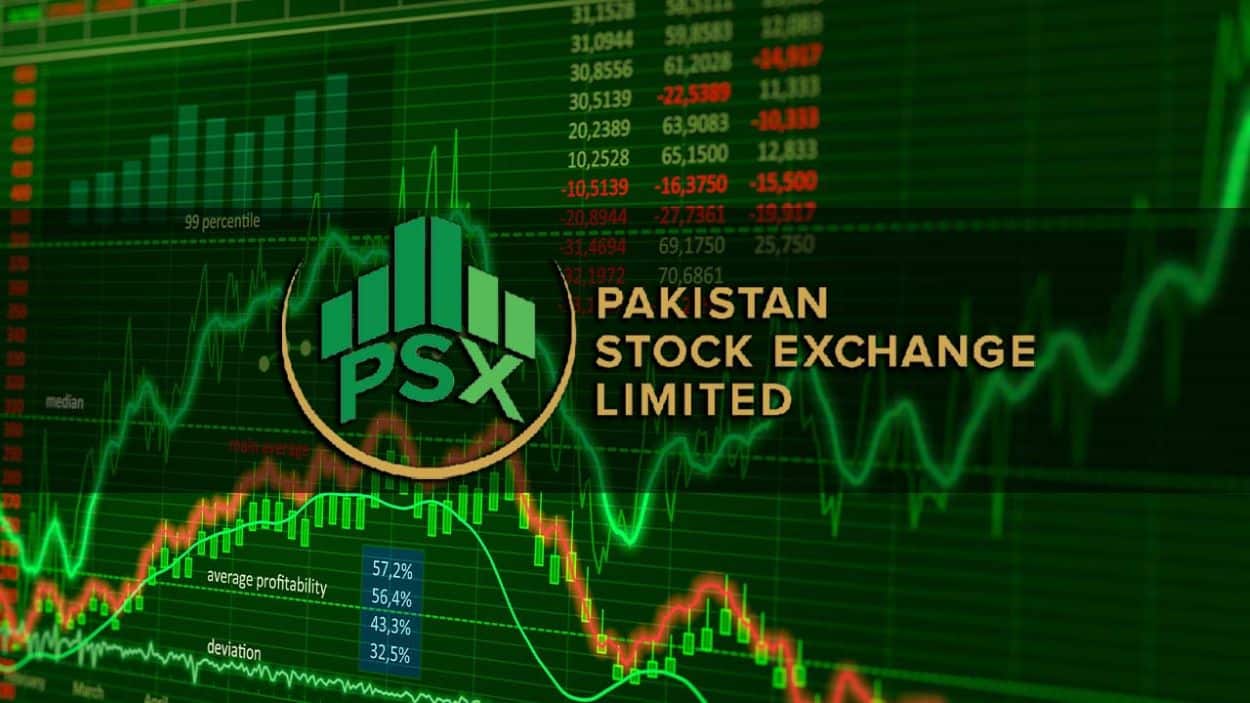The Pakistan Stock Exchange (PSX) experienced a downturn, with the benchmark KSE-100 index closing at 148,435, down 380.24 points or 0.26%. The index also exhibited intra-day volatility, peaking at 149,453 before retreating due to a combination of economic and geopolitical factors.
Several factors contributed to the bearish market activity:
- Industrial Gas Tariff Concerns: Analysts have highlighted a proposed hike in industrial gas tariffs as a major concern, which is impacting investor confidence and contributing to the negative sentiment.
- Geopolitical Uncertainty: Ongoing regional tensions added to market unease, amplifying risk aversion among investors.
- Futures Contract Rollovers: The pressure from futures contract rollovers during the session further weighed on the index, a common occurrence during rollover weeks.
- Global Market Trends: Sluggish global equities and declining international crude oil prices also contributed to the PSX’s downturn.
- Steady Policy Rate: The unchanged monetary policy rate by the State Bank of Pakistan added to the cautious market mood.
The KSE-100 index showed notable volatility, reaching an intra-day high of 149,453 points before closing at 148,435. According to Topline Securities, gains in specific stocks partially offset the losses:
- Positive Contributors: Fauji Fertiliser Co (+1.19%), Hub Power (+1.93%), and Pakistan Oilfields (+1.82%) added a combined 295 points to the index.
- Negative Contributors: Losses in Engro Holdings (-1.18%), Bank AL Habib (-5.08%), Meezan Bank (-1.31%), MCB Bank, and Habib Bank dragged the index down by 549 points.
Of the 100 companies in the KSE-100, 43 shares rose, while 57 fell, reflecting broader bearish sentiment.
Trading volumes decreased to 665.4 million shares from 693.3 million in the previous session. However, the traded value rose to Rs 31.5 billion, up from Rs 26.3 billion. First Dawood Properties led the trading volume with 40.2 million shares, closing at Rs 7.43 after a decline of Rs 1.
Analysts from Arif Habib Limited (AHL) noted that the KSE-100 faces additional downside risk as it approaches key support levels. They project a potential reversal above 147,500, with the index possibly advancing toward 151,200 later in the week. However, ongoing geopolitical and economic uncertainties could






